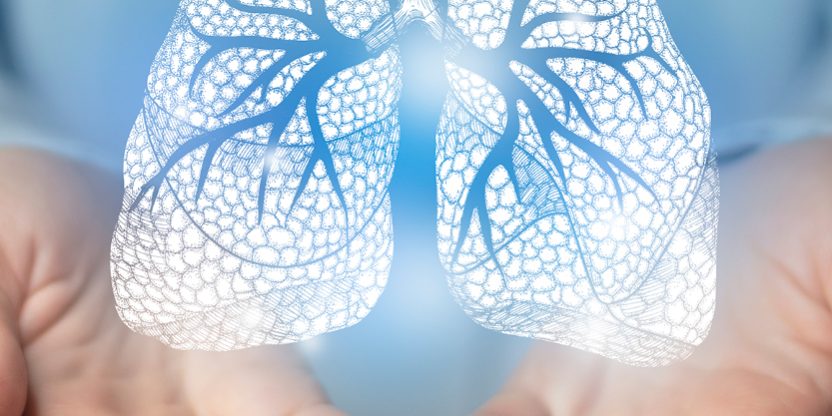When you hear about someone with lung cancer, the immediate assumption often points to smoking as the cause. However, it’s essential to understand that lung cancer can affect individuals who have never smoked. The reasons are diverse, but there are proactive steps you can take to minimize your risk.
Secondhand Smoke
Secondhand smoke is a significant risk factor for lung cancer. Exposure to over 70 types of carcinogens in secondhand smoke can elevate your risk. It’s crucial to avoid proximity to smokers whenever possible. Make your home and car smoke-free zones by committing to a tobacco-free lifestyle.
Radon Exposure
Radon, a colorless and odorless gas naturally formed from soil and rock, is the second leading cause of lung cancer after smoking. Testing your home for radon levels and taking corrective measures if necessary is vital to ensure a safe living environment.
Asbestos Risk
Asbestos, once used in construction materials, poses a lung cancer risk when its fibers are inhaled over time. Older homes might still contain asbestos in materials like steam pipes or tiles, necessitating caution and potential removal.
Genetic Factors
Genetic predispositions and DNA mutations in lung cells can elevate lung cancer risk. While specific tests for these genetic issues may not be available, minimizing exposure to known risk factors remains the best preventive strategy.
Air Pollution
Air pollution is responsible for a small but notable percentage of lung cancers in the United States. Mitigating exposure to polluted air, laden with harmful components like dust and chemicals, is crucial for reducing cancer risk.
Dietary Impact
Though not directly linked to lung cancer, consuming high-glycemic index foods that cause rapid blood sugar spikes can lead to weight gain and elevated blood sugar levels. Opt for healthier food alternatives to decrease your overall cancer risk.
Even though lung cancer is frequently associated with smoking, it can affect non-smokers as well. Understanding the multifaceted factors contributing to lung cancer risk is essential. If you have concerns about your lung health or want to learn more about prevention, consider reaching out to the medical professionals at Parkchester Medical. We provide comprehensive care and support for individuals looking to safeguard their lung health.
Call Parkchester Medical at (718) 828-6610 to schedule a consultation and take proactive steps toward protecting your lung health. Your well-being is our priority.






